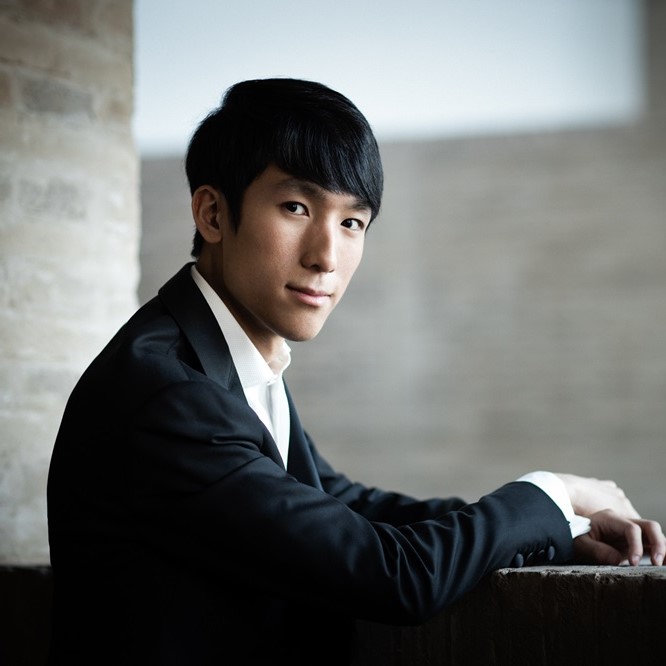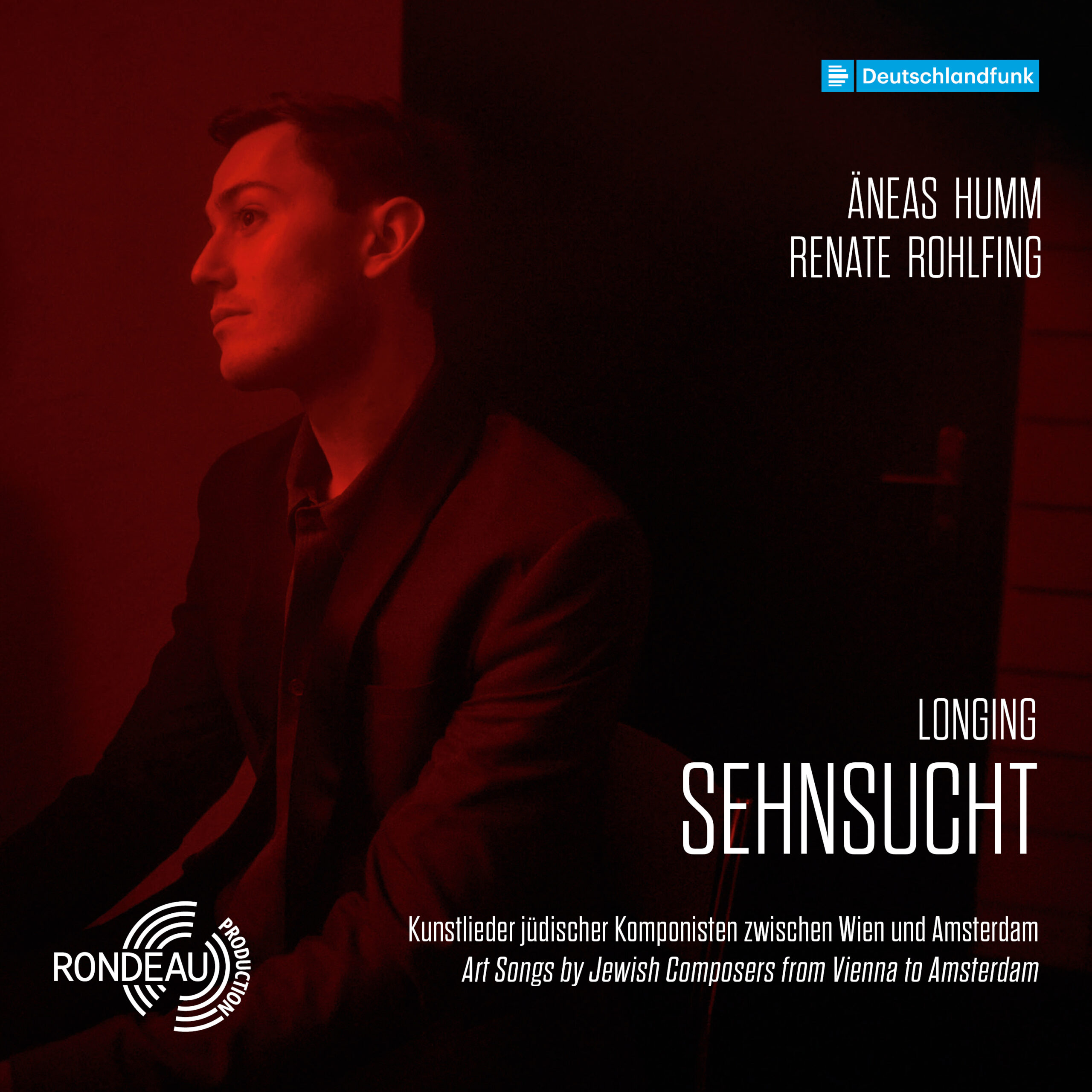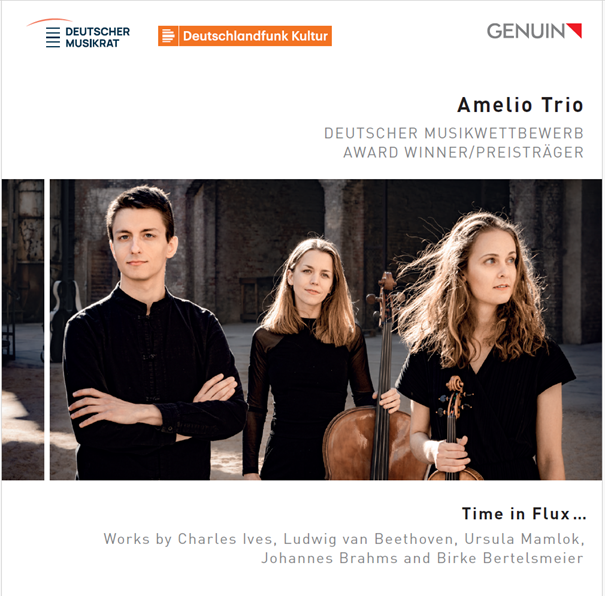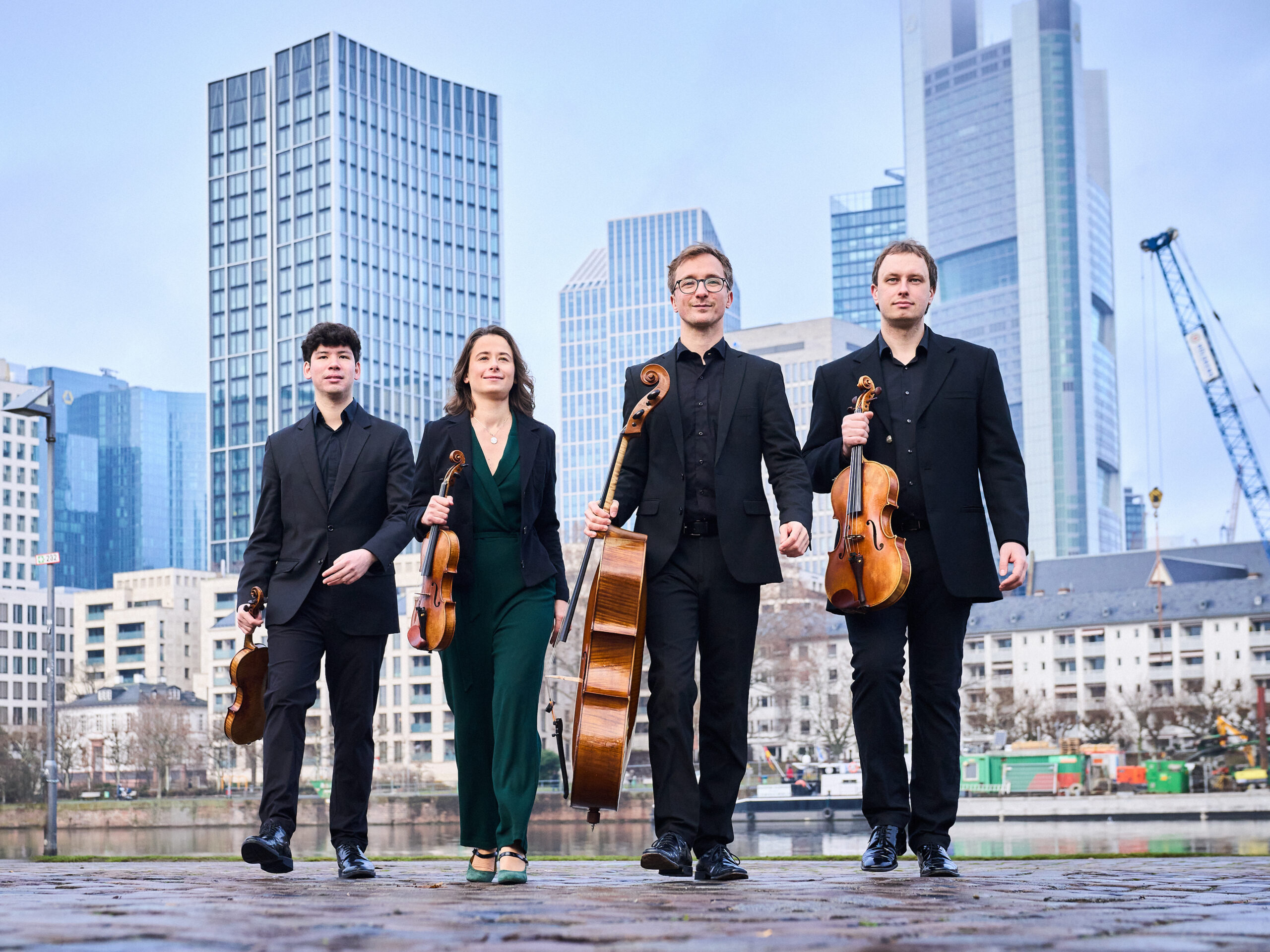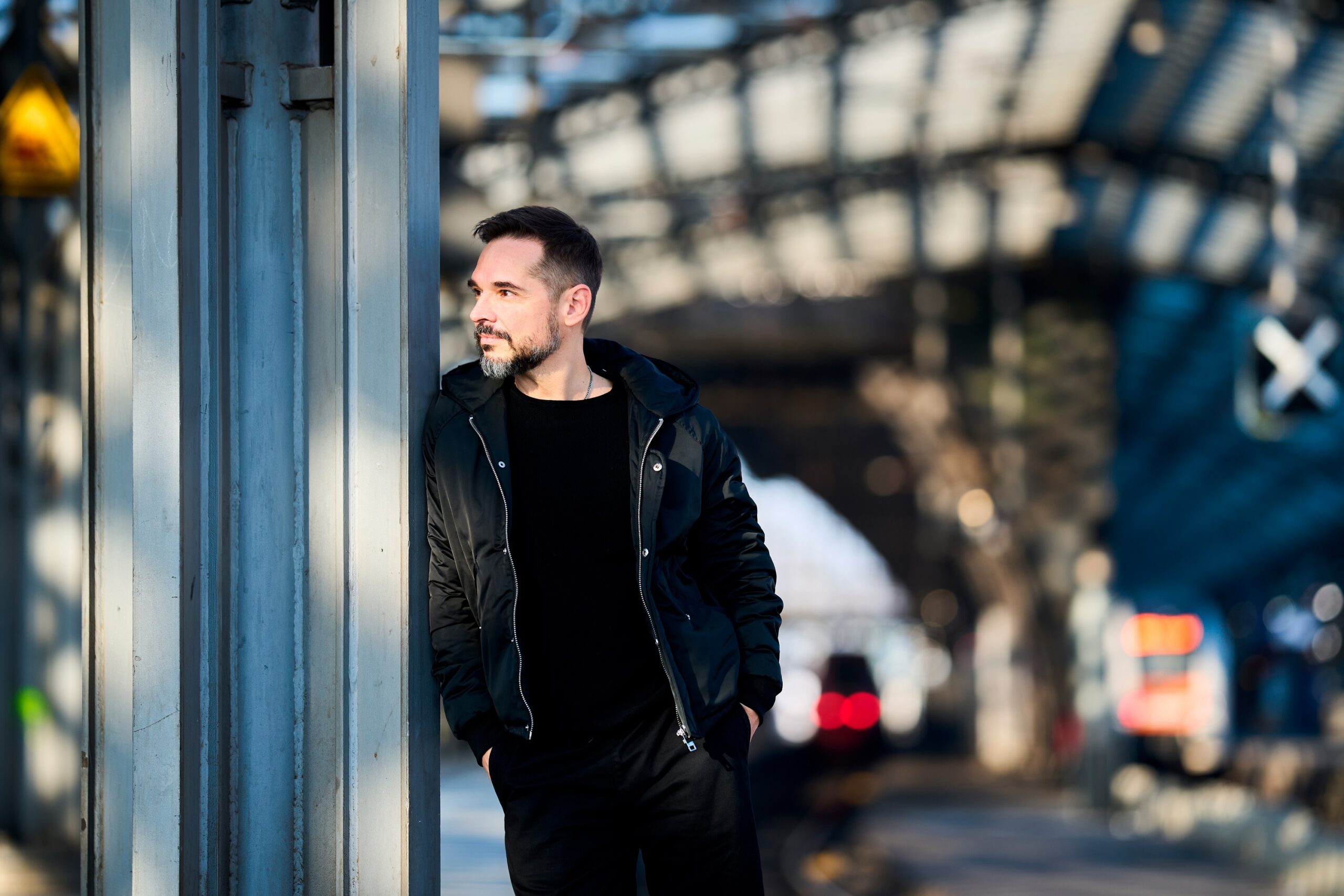
World premiere “Voice Killer”: Deadly opera psychodrama about the darkest corners of our society
The MusikTheater an der Wien presents an extraordinary world premiere in June (13th June 2025): “Voice Killer” by Miroslav Srnka is based on the true story of a serial killer. The work holds a mirror up to our society and asks the fundamental question of whether we are deliberately turning a blind eye to issues of mental health.
In his new opera “Voice Killer,” Miroslav Srnka addresses the wounds of contemporary society—with all its diseases, traumas, absences, failures, and vulnerabilities. He and his librettist, Tom Holloway, chose as their creative canvas the well-documented, historical story of a schizophrenic serial killer who strangled three women in Melbourne in 1942 before being convicted of his crimes and sentenced to death. Crime fiction has dubbed the perpetrator the “Brownout Strangler”: Eddie Leonski, a US soldier stationed in the Australian metropolis—whose name, incidentally, is not mentioned once in the approximately 100-minute opera—stated during subsequent questioning that the reason for his actions was that he was so fascinated by women’s voices, especially singing ones, that he strangled the three victims “to get their voices.” Psychological examinations revealed that, having grown up in a dysfunctional family, he was obsessed with his mother’s voice, which had given him brief moments of security by singing children’s songs, and that he sought this in vain in women he met by chance.
The human (singing) voice as the trigger for a true drama of supreme tragedy—an inherently musical plot that practically cries out for representation on the operatic stage. For Miroslav Srnka, this also reflects a fundamental, highly topical phenomenon of our time: “Mental health problems are increasing at a pace that support can’t keep pace with; aggression and violence always seem to be just a click away. Our society has become heartless, incapable of doing anything about it, and fails to protect those in need by ignoring the warning signs that have long been clear and present.”
The Composer
Prague-born Miroslav Srnka is one of the most innovative minds in contemporary music production and has been teaching composition at the Cologne University of Music and Dance since 2019. During his studies, which he pursued in Prague, Berlin, and Paris, he was taught by Milan Slavický, Ivan Fedele, and Philippe Manoury, among others. Nevertheless, much to his irritation, Srnka is still regarded as a “Czech composer”: “In contemporary music, schools are no longer national. How can Europe function politically when, in so many contexts, the differences between countries first come to mind? And what does this basic dramaturgical pattern mean for social contexts?”
Srnka’s breakthrough as an opera composer came in 2016 with “Southpole” at the Bavarian State Opera (“A great success,” according to the Frankfurter Rundschau) – also a historically-inspired plot about the competing South Pole expeditions of 1910-12. This was followed by the opera “Singularity: A Space Opera for Young Voices” (2021), with thought experiments about computerized humans, updates, and human and technical malfunctions. He collaborated with librettist Tom Holloway, one of Australia’s leading playwrights, on all these stage works (as well as “Make No Noise”). These are all topics of social relevance, as Srnka looks for and finds a direct connection to the everyday world for modern musical theater: “I am a political person, but not primarily a political artist. I try to explore values in my works. Paradoxically, I became political through my chamber opera ‘Make No Noise’ (2011). It deals with refugees, but the opera was written before the crisis. But that’s how you can be political. Don’t jump on topics that are currently popular; this achieves little. We must explore topics where we see social failures. Whether it’s currently relevant or not should be secondary; otherwise it’s just empty, superficial, and lacking impact.”
The Stage Action
And now we have the opera “Voice Killer,” in which the human voice takes center stage – both literally and figuratively. The perpetrator, himself a victim of a failed family-based socialization process, remains consistently nameless with the stage name “Private” and is “branded” as an outsider by his shift into falsetto and uncontrolled, giggling laughter: “The deep baritone voice is what society expects from a man. The high voice of the falsetto, the otherness of him, is what is rejected as strange,” explains Srnka. Thus the perpetrator vocally approaches the (sometimes “stratospherically”) high solo parts of the women, namely his three victims Pauline, Ivy, and Gladys. The audience first gets to know each of them personally, long before they meet their murderer: “We see their families, their interests, their weaknesses, their fears and their dreams. We see how they live their own lives,” says Srnka. One after the other, the three different minds and emotional worlds of the women, as well as that of the perpetrator, are portrayed. This takes place before their fatal encounters, at the beginning of which each of them sings… Both sides stem from the middle of (our) society, which is represented by the choir of up to 24 voices – as does Gallo, Private’s best friend, who poses the central questions about the individual perception of injustice (Can someone with schizophrenia be held criminally responsible?) and social responsibility (What are we ignoring here?).
Structurally, “Voice Killer” displays a (classical) tripartite division, but lacks a continuity of time and place: reality and dreams merge, and the scene transitions—in which the murders occur—are designed as a “constant progression from timeless order to timeless noise” (Kai Weßler). The goal of this time spiral is the third murder, in which everything culminates: the crime, the arrest, the verdict, and the execution. And yet, at the end of the opera, the focus is not on the perpetrator, but on the female victims, who are not silenced but rather return transformed as “those who survived, those who spoke out, those who finally caught the murderer,” according to the composer.
The Cast
The two-faced role of Private is performed in the Vienna premiere by the American bass-baritone Seth Carico (Opera News: “powerful in voice and demeanour”), who, thanks to his special acting training, is credited with exceptional sensitivity in portraying psychologically complex roles. The roles of the three women are taken by the Norwegian coloratura soprano Caroline Wettergreen (Ivy), the American Holly Flack (Pauline), and Nadja Stefanoff (Gladys) from Chemnitz, Germany. The production is directed by Cordula Däuper, a former graduate of the Hanns Eisler Academy of Music in Berlin (“She shows how theater works, how it’s done, what it entails, how illusion is created, and what theatrical tools a stage has at its disposal,” writes Die deutsche Bühne). And the musical direction is in the hands of the Briton Finnegan Downie Dear, who recently successfully conducted György Kurtág’s only opera “Fin de partie” at the Staatsoper Unter den Linden.
